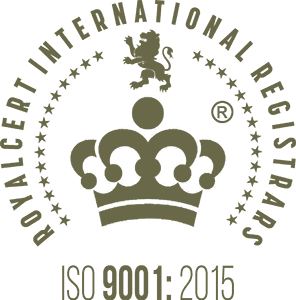The consequences of the war in Ukraine could be even worse for the aviation industry than those of the pandemic, says Tim Clark, President of Emirates Airlines. Considering the Russian President’s blithe decision to flout the Chicago Convention, and therefore international rules of civil aviation, by switching the registry of over 500 aircraft to Russia, there will be many in the aircraft leasing industry inclined to agree with him.
The planes are worth about US$10b and may never be recovered. The repercussions will reverberate through the industry. Exactly how will become clearer in the coming days but expect lengthy battles with insurance companies, increased risk to holders of fixed income securities such as bonds backed by some of the ‘lost’ aircraft and concerns about whether this could happen again. For instance, with a 6% share of total revenue, Russia is the second largest market for Irish aviation leasing companies. China, with 14%, is the largest. That’s not a storm worth contemplating.
Sanctions are already inflicting pain on other industry sectors such as spare parts, MRO and technical service providers who can no longer operate in Russia.
Rising fuel prices are exacerbating the credit negative effects of these developments. Restrictions on overflights in the European region’s airspace are also having an adverse effect on operators as they scramble for alternative, and invariably longer routes with knock-on effects on fuel costs. Lufthansa, the German airline, has indicated that rerouting flights to avoid Russian airspace will increase travel time on some Europe to Asia Pacific routes to over 15 hours and increase annual fuel costs by up to €12m a year based on current prices. Some European airlines have simply suspended any passenger and cargo routes that previously crossed the Russian airspace.
Though European airlines and western leasing companies are currently bearing the brunt of the war in Ukraine, the longer it drags on, the more far reaching the fallout will be.



